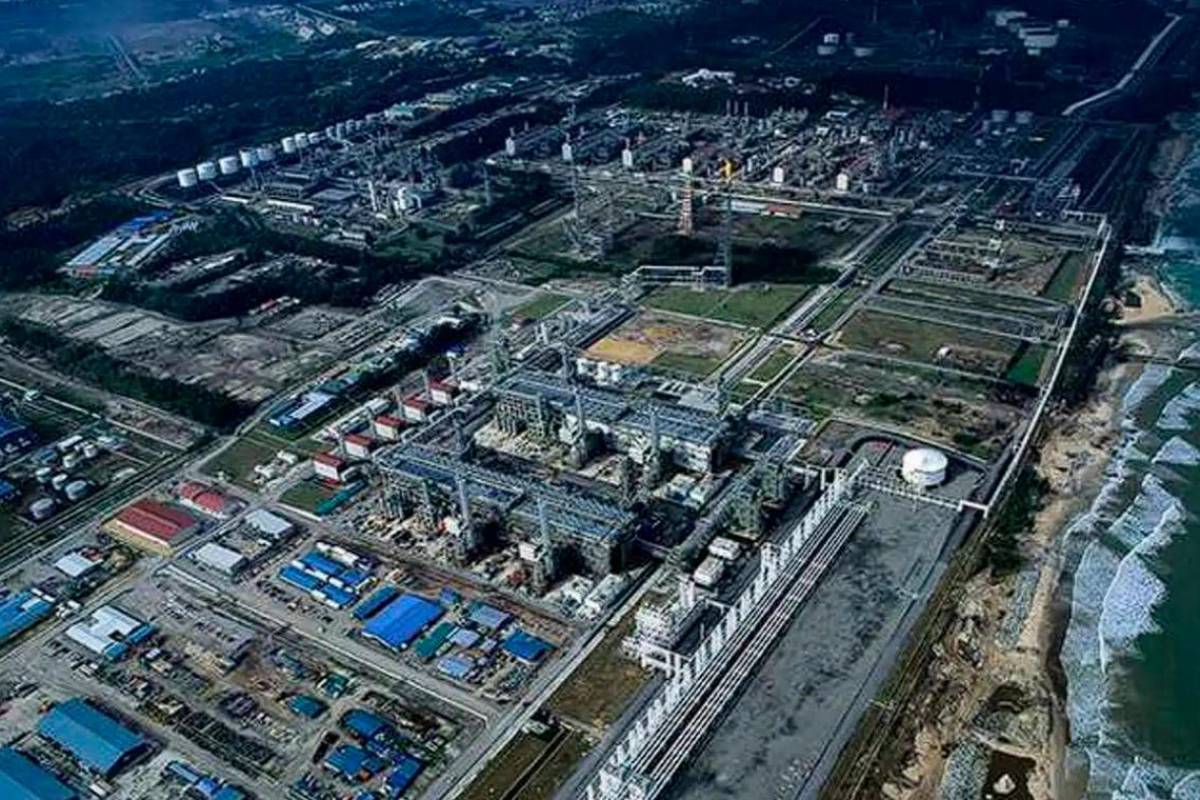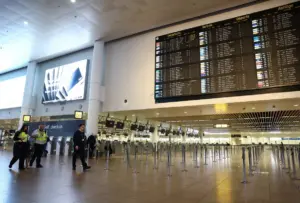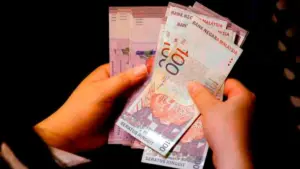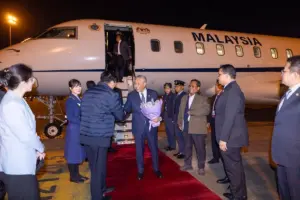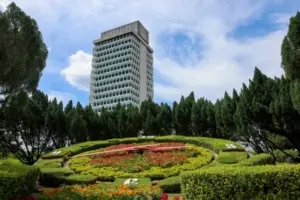PETALING JAYA: The Bintulu liquefied natural gas (LNG) complex in Sarawak is more than an industrial facility – it is the backbone of Malaysia’s economy and a cornerstone of regional energy security.
Recent threats against the complex have raised alarms, highlighting both its economic weight and its strategic significance.
Universiti Tenaga Nasional Institute of Energy Policy and Research director Dr Nora Yusma Mohamed Yusoff said Malaysia’s LNG exports, particularly from Bintulu, remain central to the country’s prosperity and Asia’s energy stability.
“LNG fuels Malaysia’s economy, secures Sarawak’s prosperity and ensures the energy security of our regional partners.
“And as long as the lights stay on in Tokyo, Seoul and Shanghai, Malaysia’s LNG from Bintulu will remain at the heart of Asia’s energy story.”
The Bintulu complex is one of the largest single-site LNG facilities in the world, with a production capacity of 29.3 million tonnes a year.
LNG contributes more than 40% of Sarawak’s gross exports. It generated RM56.4 billion in trade value in 2024, making LNG the state’s biggest export earner.
Japan, China and South Korea are among its top buyers, with Japan alone importing RM25.4 billion of LNG from Sarawak last year.
Nora Yusma warned that any disruption would have immediate and far-reaching consequences.
“For Sarawak, it will mean a sharp drop in export revenues amounting to tens of billions of ringgit annually, while Malaysia’s overall trade balance and fiscal revenue will also be hit.
She added that uninterrupted LNG exports are critical for Malaysia’s economic stability, investor confidence and geopolitical standing.
“Strategically, the Bintulu complex sits close to the South China Sea, one of the world’s most contested maritime zones.
“Ensuring uninterrupted LNG exports not only protects Malaysia’s economic reputation but also strengthens its role in Asia’s energy security architecture.”
Universiti Utara Malaysia defence and geopolitical expert Assoc Prof Dr Mohamad Faisol Keling said facilities of such scale fall under the category of “soft targets” that require constant protection.
“Every infrastructure development must comply with regulations to ensure security is not neglected.
“Strategic facilities like LNG plants are not only economic assets but also national security priorities, just like dams, oil rigs, highways and railways.”
He said security planning relies on laws, including the Prohibited Areas and Places Act 1959, National Security Council Act 2016 and the Official Secrets Act 1972, which allow authorities to designate and safeguard critical facilities.
Malaysia’s Comprehensive Defence policy emphasises shared responsibility among the government, private sector and the public.
On Sept 9, the National Security Council moved to tighten security at the Bintulu complex following reports of threats targeting LNG facilities.
The next day, Deputy Prime Minister Datuk Seri Fadillah Yusof confirmed that Petronas’ LNG facilities in Sarawak and Sabah had been placed under heightened security after an employee at its headquarters received an alarming SMS from a number registered in Indonesia.
The message warned that LNG plants would be set on fire if certain demands were not met.
The police are working with Indonesian police to identify the sender and investigate the threat.
